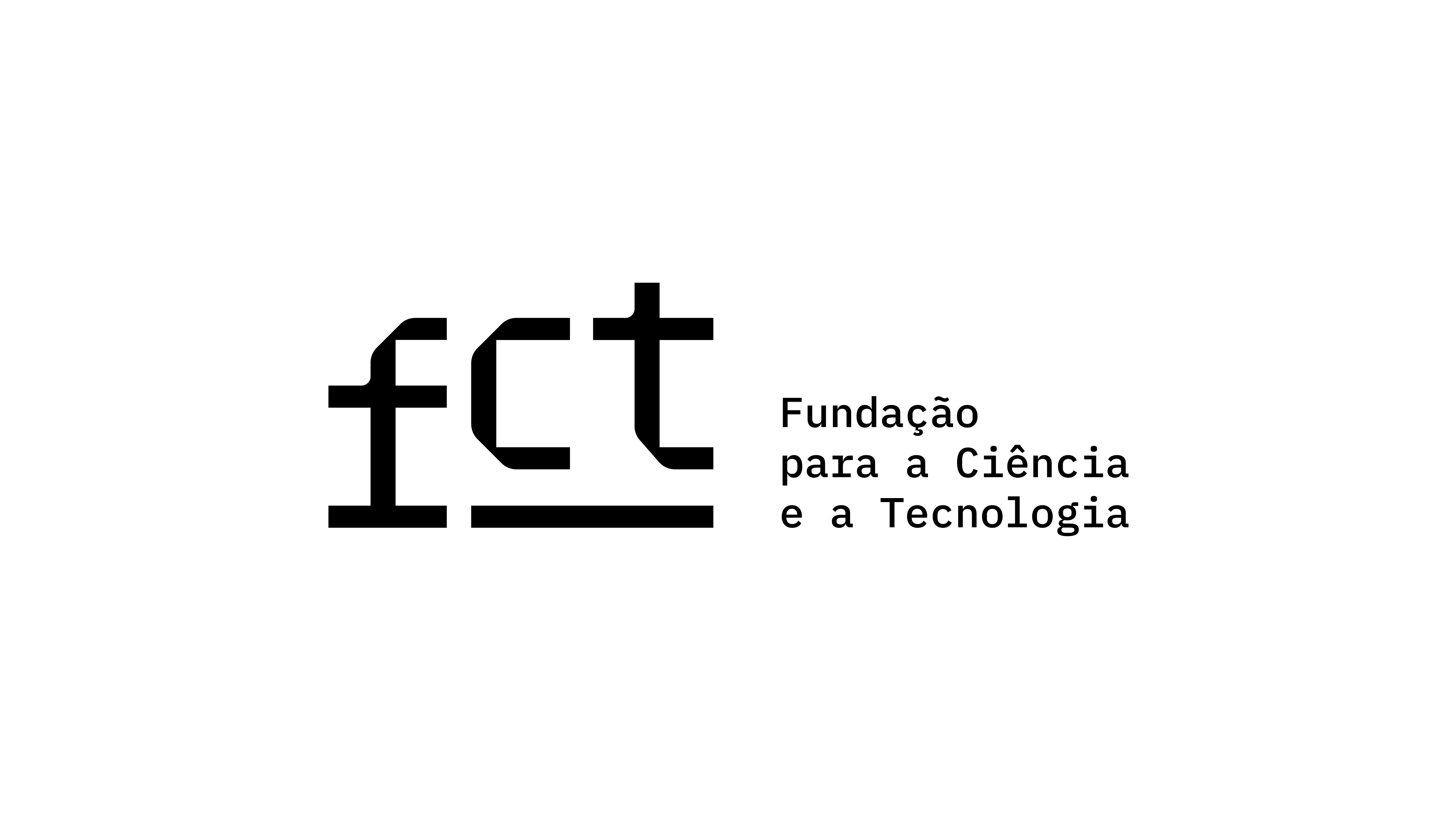The Influence of Emotion in Humanitarian Journalism: The Perspective of Portuguese Photojournalists in Ukraine
DOI:
https://doi.org/10.21814/vista.4660Keywords:
emotion, photography, photojournalism, humanitarian journalism, UkraineAbstract
Immersed in a context of social emergency, the concept of Humanitarian Journalism (Bunce, Scott & Wright, 2019; 2022) currently takes on new contours that give it a previously neglected relevance and vitality. For this reason, this article proposes to navigate through its meaning, inquiring about the influence of emotion in the dissemination oh humanitarian information. For this purpose, in order to gather new contributions, a survey was carried out among a group of Portuguese photojournalists, sent to Ukraine in he first months of the conflict and who, upon their return, exposed parto f their work in the Diakuyu initiative – Thanks, promoted by the Portuguese Society of Authors and the cultural association, CC11. The study confirms the complexity surrounding the place that emotion should assume in the context of journalistic reporting, as well as the admissibility of the photojournalist admitting his point of view in the face of the observed reality.
Downloads
References
Amaral, L. (1996). A objetividade jornalística. Luzzato Editores.
Bunce, M., Scott, M., & Wright, K. (2019). Humanitarian journalism. Oxford University Press. https://doi.org/10.1093/acrefore/9780190228613.013.821 DOI: https://doi.org/10.1093/acrefore/9780190228613.013.821
Bunce, M., Scott, M., & Wright, K. (2022). Humanitarian journalists covering crises from a boundary zone. Routledge. DOI: https://doi.org/10.4324/9781003356806
Coutinho, C. (2022). Metodologias de investigação em ciências humanas: Teoria e prática. Almedina.
Damásio, A. (2020). Sentir & saber. Círculo de Leitores.
Fernandes, S. (2007). O jornalismo de causas: O ambiente como análise de conteúdo.
Instituto Politécnico de Tomar.
Gadret, D. T. de O. L. (2016). A emoção na reportagem de televisão: As qualidades estéticas e a organização do enquadramento [Doctoral dissertation, Universidade Federal do Rio Grande do Sul]. Lume. http://hdl.handle.net/10183/143019
Wahl-Jorgensen, K. (2013). The strategic ritual of emotionality: A case study of Pulitzer Prize-winning articles. Journalism, 14(1), 129–145. https://doi.org/10.1177/1464884912448918 DOI: https://doi.org/10.1177/1464884912448918
Kunczik, M. (2002). Conceitos de jornalismo: Norte e sul — Manual de comunicação. EDUSP.
Martins, C. (2005). A objetividade como “dever referencial” dos jornalistas. Caleidoscópio, (5/6), 143–155. http://hdl.handle.net/10437/2606
McGoldrick, A., & Lynch, J. (2000). Peace journalism: What is it? How to do it. Report the World.
Mesquita, M. (2003). O quarto equívoco - O poder dos média na sociedade contemporânea. Editora Minerva.
Moeller, S. (1999). Compassion fatigue: How the media sell disease, famine, war. Routledge.
Pina, S. (2000). A deontologia dos jornalistas portugueses. Editora Minerva.
Quivy, R., & Campenhoudt, V. L. (2005). Manual de investigação em ciências sociais (J. M. Marques, M. A. Mendes, & M. Carvalho, Trans.). Gradiva. (Original work published 1995)
Shaw, I. S. (2012). Human rights journalism: Advances in reporting distant humanitarian interventions. Palgrave Mcmillan. DOI: https://doi.org/10.1057/9780230358874_5
Sontag, S. (2012). Ensaios sobre fotografia (J. A. Furtado, Trans.). Quetzal. (Original work published 1977)
Sousa, P. J. (1998). Uma história crítica ao fotojornalismo ocidental. Universidade Fernando Pessoa.
Sousa, P. J. (2004). Fotojornalismo. Introdução à história, às técnicas e à linguagem da fotografia na imprensa. Letras Contemporâneas.
Traquina, N., & Mesquita, M. (2003). Jornalismo cívico. Livros Horizonte.
Downloads
Published
How to Cite
Issue
Section
License
Copyright (c) 2023 Catarina Melo, Felisbela Lopes

This work is licensed under a Creative Commons Attribution 4.0 International License.
Authors own the copyright, providing the journal with the right of first publication. The work is licensed under a Creative Commons Attribution 4.0 International License.













